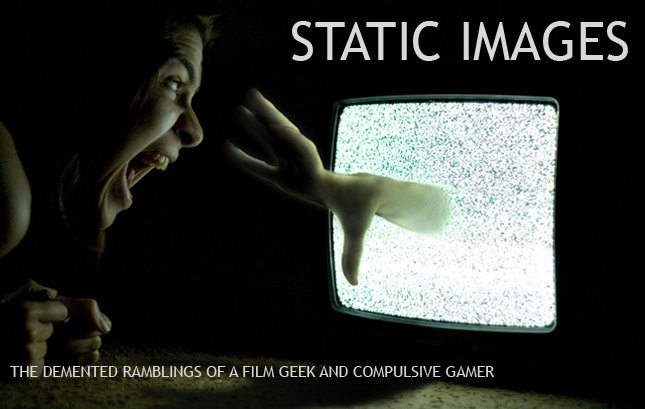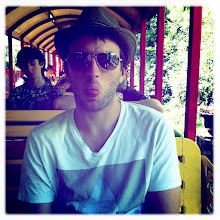When it was first revealed I was excited to play the new Tomb Raider reboot. I liked the idea of a realistic protagonist who got bruised and cut throughout the course of the action. Unlike Marcus or Dom or any of their kin, characters who can take a full clip of bullets to the face and keep on walking, Tomb Raider promised to present players with a real person, a human hero. A person who bleeds when cut, hurts when falls and bruises when hit. Sign me up.
Then this happened. And much controversy ensued. Many people were understandably angered by the suggestion of sexual assault being presented in the game. Issues of sexism and gender politics exploded and Crystal Dynamics went into damage control, did a complete 180, and denied that the game would feature any themes involving rape and/or sexual assault.
But, is that really the issue?
Sexual assault is a undoubtedly serious matter. It's a subject that requires tactful handling and a degree of maturity perhaps not immediately associated with the Tomb Raider franchise. It certainly isn't something that should be thrown into a game as a convenient plot point or flashy cut scene. On the other hand however, no one has played the game yet so who's to say it's not handled in a deft and thoughtful manner? Thematically it seems to fit the tone and sense of realism Crystal Dynamics are shooting for. They seem hell bent on evoking a real sense of malice and danger, both when falling from trees and when captured by vile murderous thugs.Would the threat of sexual violence not naturally factor into the scenario presented by Tomb Raider?
However the real problem rears its head when when executive producer Ron Rosenberg says this:
"When people play Lara, they don't really project themselves into the character," Rosenberg told me at E3 last week when I asked if it was difficult to develop for a female protagonist. "They're more like 'I want to protect her.' There's this sort of dynamic of 'I'm going to this adventure with her and trying to protect her.'"
This is where the true issue lies, not in the fact that the game features mature content, but that its developers feel that because Lara Croft is female players "don't really project themselves into the character" and that instead they simply "want to protect her". This notion is not only incredibly sexist, but insulting players in general. Insinuating that players are incapable of "projecting themselves" into Lara is, in my view, either the product of a design flaw or an assumption that players lack the cognitive ability to project themselves into the female avatar. It also subsequently calls into question the motivations for making the game so brutal an realistic in the first place. If this is how Crystal Dynamics see Tomb Raider, is all the grunting, screaming and bleeding there to heighten the sense of realism and danger as the player traverses the game world? Is it there to pull them into the narrative, and engage with a real and disturbing danger? Or is it merely there for players to observe, detached from the character of Lara? Is it just designed to evoke pity? Is it simply a clinical attempt to make the player want to protect her?



















